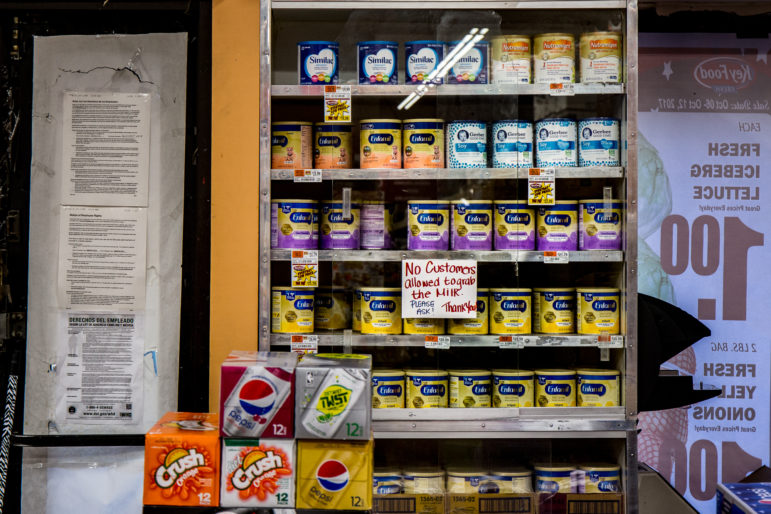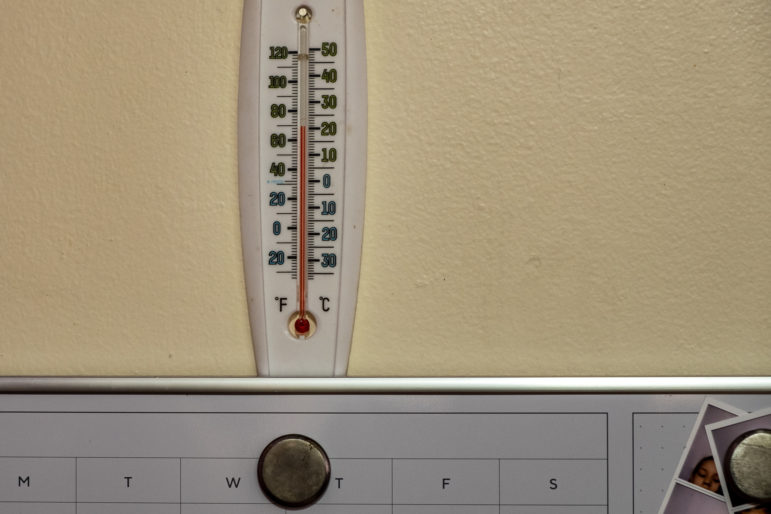
Adi Talwar
A Key Food Supermarket in the Bronx.Read the original story in Chinese at World Journal
Translated and condensed by Rong Xiaoqing
During the pandemic, many people stopped going out to buy groceries to stay safe, and many Chinese supermarkets shut their doors at the end of March. This triggered a new business model in the Chinese community: customers ordering via ad hoc WeChat groups from self-designated delivery workers, who would go out to buy and deliver groceries to your door.
But after an initial boom, the newly-born industry is collapsing amid rapidly increasing competition, nosediving profits, and the reopening of many Chinese supermarkets. Many delivery workers are quitting now, after just a month into this new business.
Dennis Zheng is one of them. Zheng, who used to be an app-based driver, stopped driving in April when the coronavirus risk was growing and his number of customers shrinking. He started making a living instead selling and delivering fresh vegetables and fruits.
But in the past month, many other Chinese workers started offering the same service, and Zheng found it was hard to make money amid the cutthroat competition. In addition, the prices of groceries are rising, so Zheng has decided to switch back to his driving job.
Zheng said that initially, he had built a good reputation on WeChat by picking up fresh stuff for customers, offering some free gifts and delivering quickly. The first week in the business, he received more than 10 orders every day, and worked from dawn to dusk.
But since the second half of April, competition has increased, and his business felt the heat immediately, with orders dropping sharply. “I normally buy $700 [worth of] vegetables and fruits from wholesalers at once. If I cannot get more than 10 orders a week, I won’t be able to make money,” Zheng said.
When business was slow, he offered leftover groceries to customers for a minimal price or for free. Sometimes he donated them to police stations and hospitals.
Now, with Chinese supermarkets reopening, he is facing a tougher situation. “I don’t have huge freezers at home and I cannot compete with the supermarkets. And wholesale prices for vegetables such as pea shoots and bok choy that Chinese like now have increased for close to $10 per box.”
Now Zheng has returned to his work as an Uber driver, although business is still slow: He only gets six or fewer passenger trips per day now, and most are short trips with fares under $25.
Zheng thought about applying with the city to deliver free meals to those in need, but found the $53 payment promised doesn’t mean the driver makes $53 per delivery, but $40 in basic income plus a $13 gas stipend.
“They only assign one driver to deliver to a certain neighborhood only, which means no matter [if] you deliver to five families or 20 on that day, your income is basically fixed,” he said.
Zheng said he hopes the pandemic will be over soon, so life could be back to normal and he and others can make a living like what they always did.








